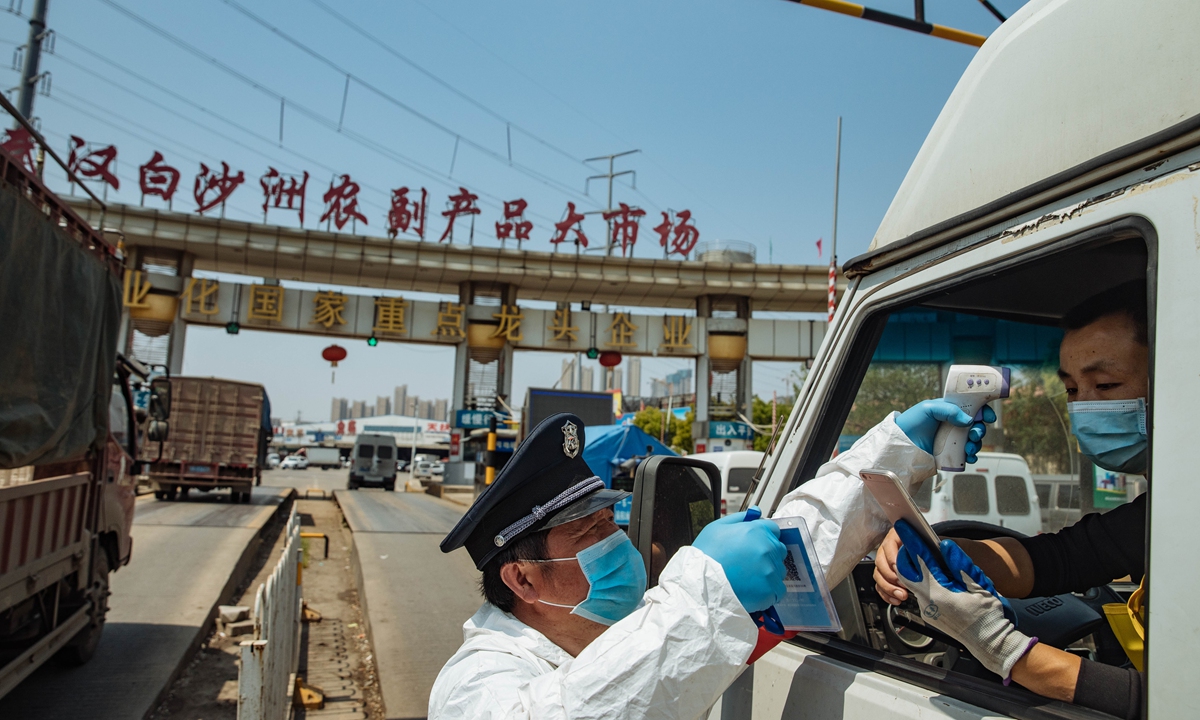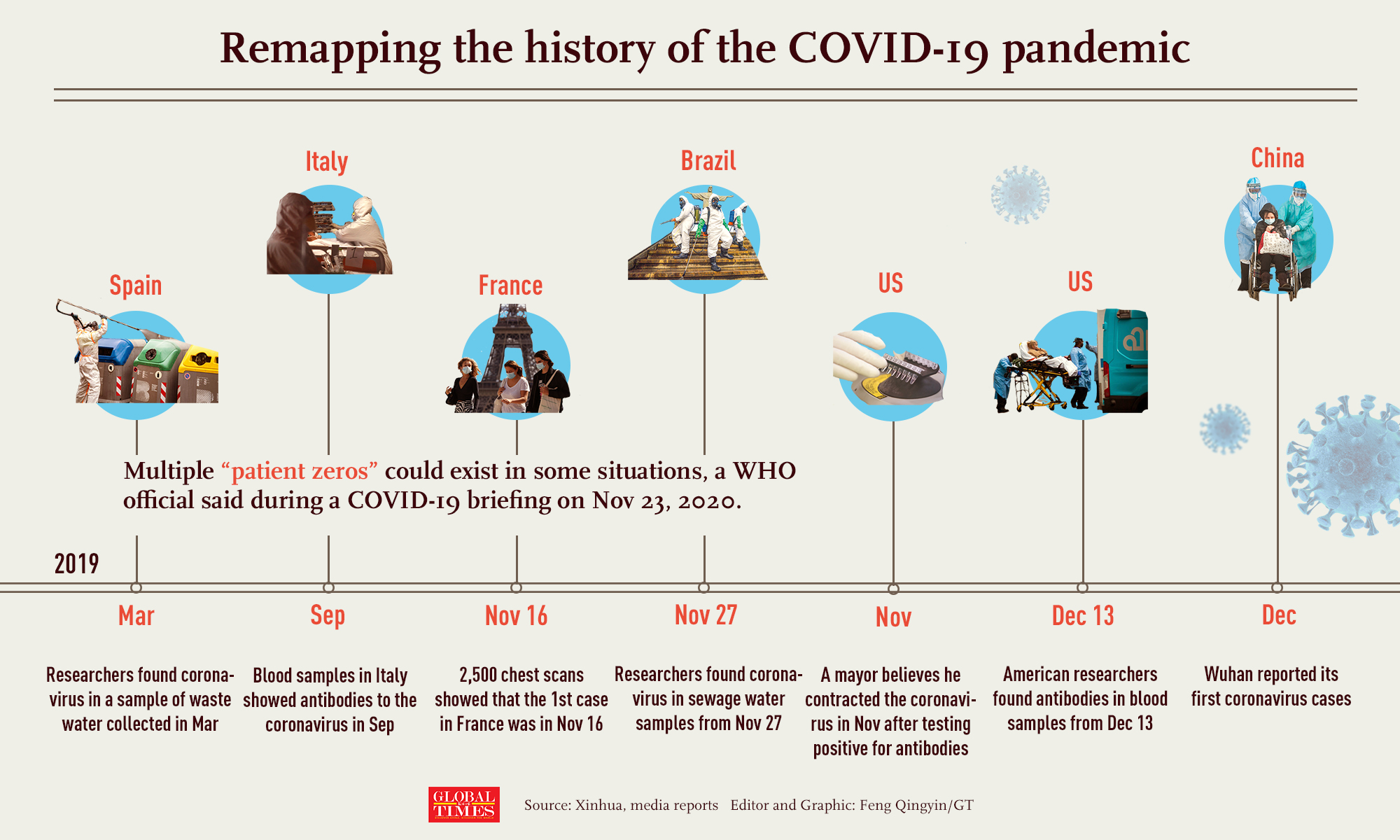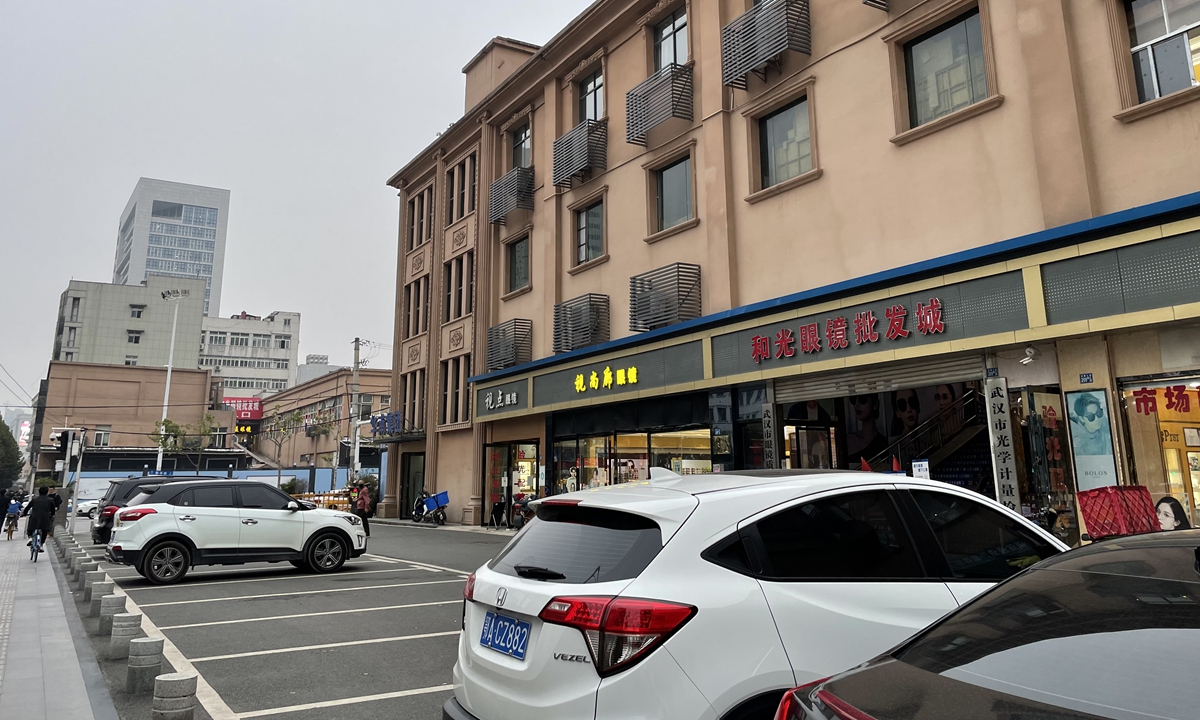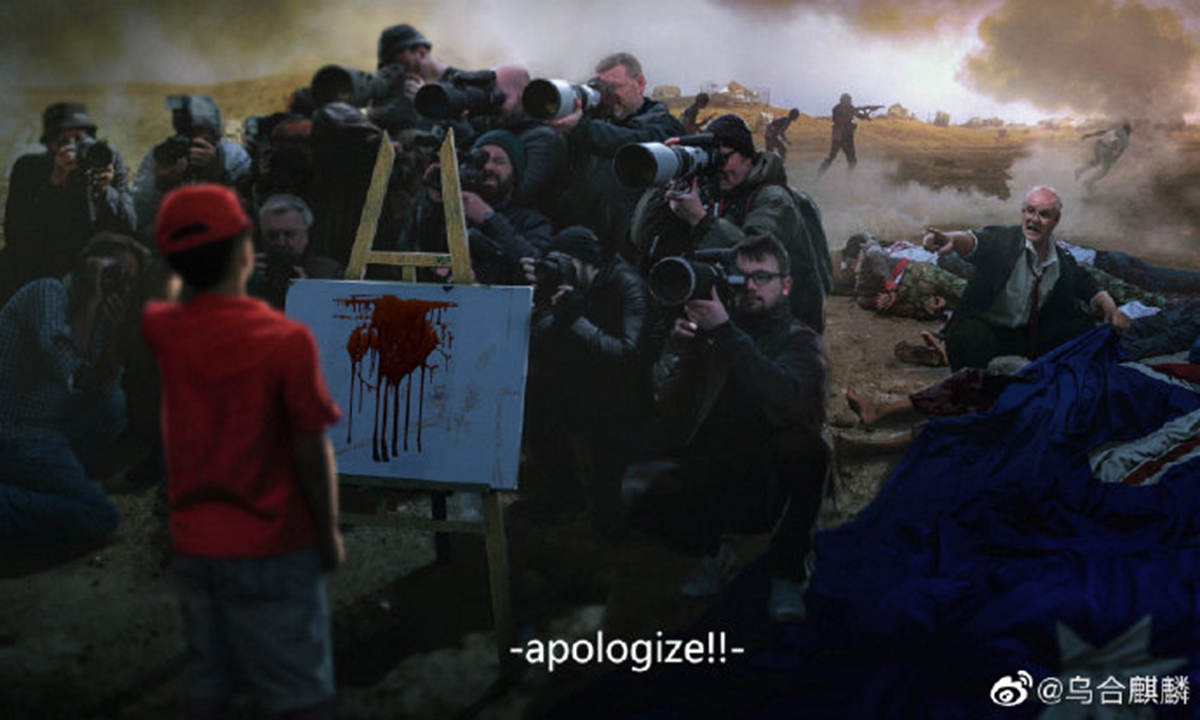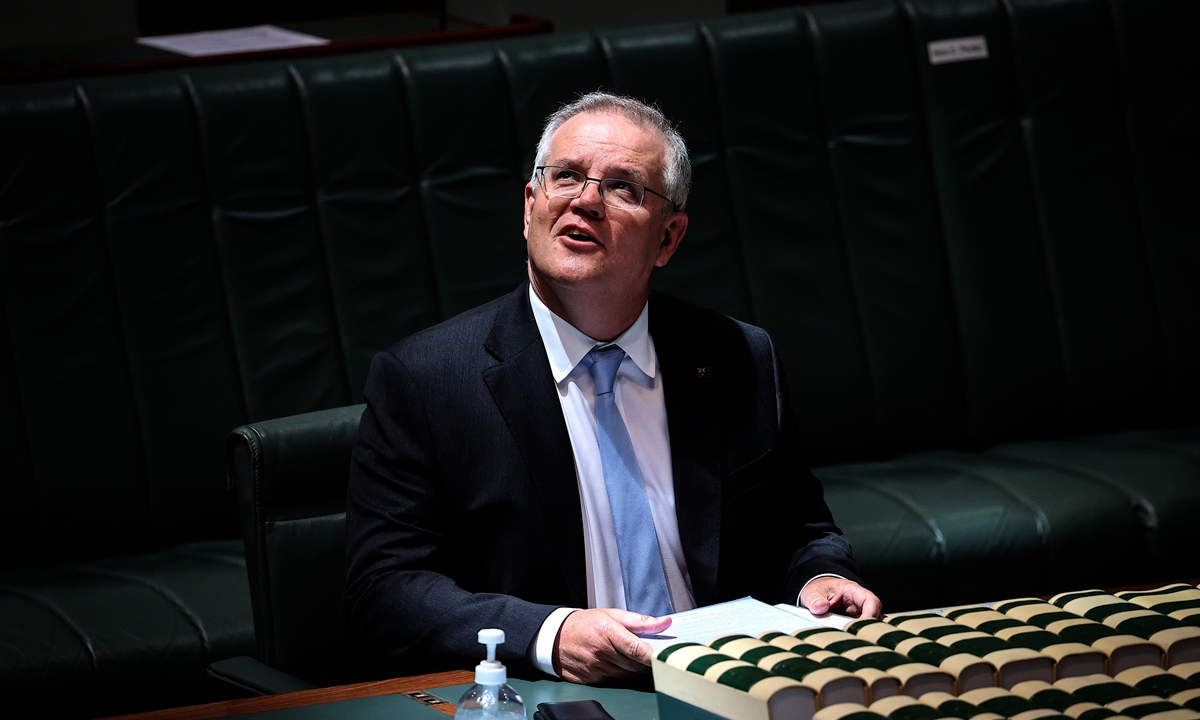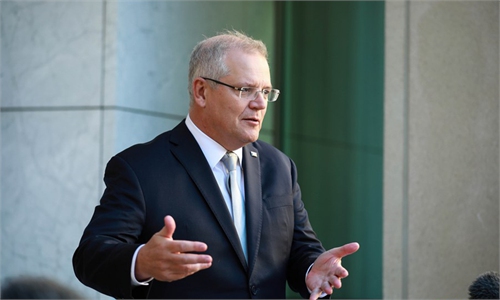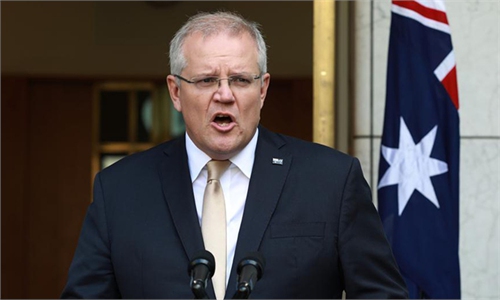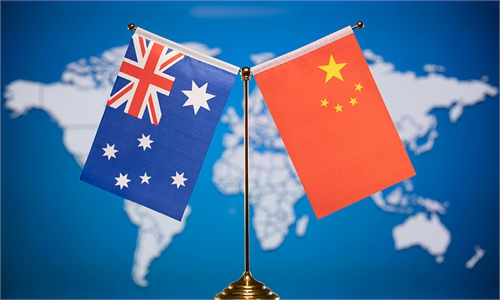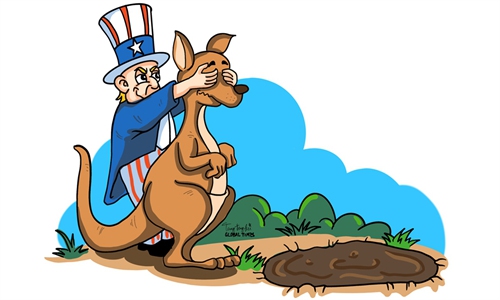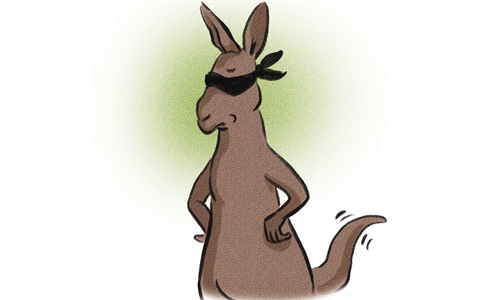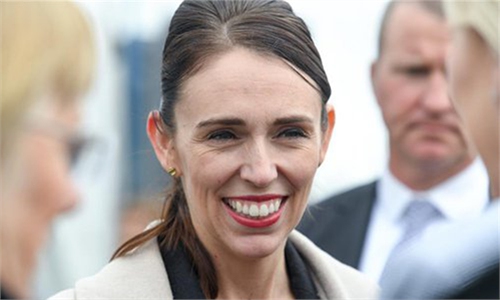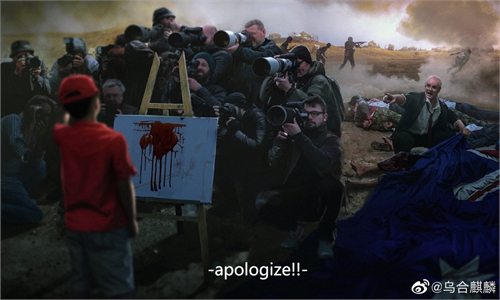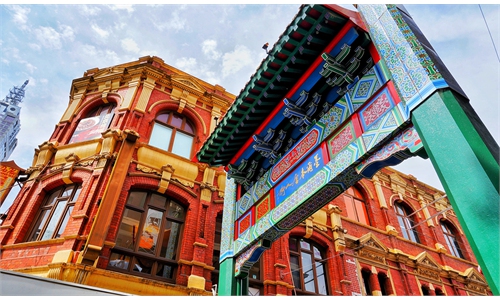https://youtu.be/gVLhrLTF878
It was partly cloudy but the mercury still registered a high 33ºC.
That was the temperature recorded here yesterday.
So for most urbanites, refuge from the heat comes from air-conditioned places. And barely anyone drives a car without air-condition these days.
Air-conditioners have become such a huge part in people’s lives that there is little discussion about the downside of extended usage.
But it has now been suggested that prolonged usage could cause problems – from drowsiness to affecting a person’s concentration due to high carbon dioxide (CO2) levels.
“I have measured CO2 levels in my car while driving from USJ (Subang Jaya) to Mid Valley. The CO2 levels exceeded 2,500 parts per million (ppm) for a 35-minute drive.
“So, I would expect the CO2 levels in bedrooms to be high in the morning, if all windows are closed, ” the Malaysian chapter of the American Society of Heating, Refrigerating and Air-Conditioning Engineers (Ashrae) former president Leong Siew Meng (pic) said.
Under the Industry Code of Practice on Indoor Air Quality 2010 issued by the Department of Occupational Safety and Health, the ceiling limit for CO2 was at 1,000ppm for healthy indoor air quality (IAQ).
Poor IAQ levels have been linked to short-term and long-term problems ranging from allergic reactions, respiratory problems and eye irritation to sinusitis and bronchitis.
A research paper published by the Nature Sustainability journal, titled “Direct Human Health Risks of Increased Atmospheric Carbon Dioxide”, also suggested that even with a level as low as 1,000 ppm, CO2 levels have the potential to pose health problems despite exposure to it lasting only a few hours.
The journal noted that the health risks from high CO2 levels include inflammation, reduced higher-level cognitive abilities, bone demineralisation, kidney calcification and oxidative stress.
“High CO2 levels in cars also have the potential to cause drowsiness, ” Leong said.
He noted that some households would install fixed windows, which meant that they could not be opened.
With fixed windows, Leong said CO2 levels would build up in the enclosed space as many households used split-unit air-conditioners that do not bring outdoor air in.
“Those who are asthmatic and sleep with air-conditioning turned on overnight will worsen their condition, ” he said.
As a solution to sleeping in an air-conditioned room, Leong suggested that one should leave a small gap of between one to two centimetres in a window for infiltration of outdoor air.
For occupants who rely on an intake of outdoor air, he suggested installing a small exhaust fan in the room.
“As a solution for long-distance driving, latch open the vehicle louvre occasionally to bring in outdoor air to overcome the build-up of carbon dioxide concentrations (when outdoor air is not polluted by heavy vehicles in front or open burning in the surroundings)”, he said.
Ashrae president Ng Wen Bin said worsening asthma problems, allergies as well as sick building syndrome were health issues that could result from contaminated air conditioning units.
“This sick building syndrome is associated with symptoms such as nasal congestion, difficulty breathing, headache, fatigue, and skin irritation.
“There may be some microorganisms growing in the air conditioning system as the process of cooling warm air generates a lot of moisture and condensation, which must be discharged.
“So, if your air conditioner does a bad job of this, whether due to poor maintenance, damage or careless design, it can become a breeding ground for bacteria and fungi, ” he said.
Ng said to better protect one’s health, the best defence is a well-maintained and routinely serviced air conditioning unit.
The Nature Sustainability journal noted that environmental exposure to CO2 should also be viewed from the perspective of vulnerable groups – infants, the elderly and weak, and high-exposure groups such as populations residing in urban CO2 domes and in tropical climates.
A September 2019 report published by Ashrae titled “Do Indoor CO2 Levels Directly Affect Perceived Air Quality, Health, or Work Performance?” found that several studies had provided “strong evidence” of reductions in cognitive performance due to increased levels of CO2.
However, the study acknowledged that the results were not consistent with other studies which found that there were “no effects” in the reduction in cognitive performance, adding that none could be found either on acute health symptoms and perceived air quality of CO2 below 5,000ppm.
Leave a small gap in the window, say experts

Cool comfort: A mother switching on the air-conditioner in her children’s bedroom.
You’ve heard it from time immemorial. But it’s worth repeating even in 2020. “Get some fresh air!”
Experts have cautioned about health concerns linked to poor indoor air quality (IAQ).
Malaysia Green Building Council chief executive officer Tang Chee Khoay said fresh outdoor air was needed as it had the potential to impact a person’s performance whether at work or in school.
Those who slept with air-conditioning turned on throughout the night might wake up feeling “not sharp” and those who worked in a room with closed windows might feel easily tired due to increased carbon dioxide (CO2) levels, he said.
Hence, Tang said it was important to allow a small gap of fresh air to enter a room.
“Fresh air is dependent on leakages when you open the door, windows or some cracks between the doors to replace the oxygen which has been consumed.
“People often claim that putting indoor plants in the house replenishes oxygen, but you actually need a lot of it. One or two pots will not help, ” he said.
As most commercial buildings are fitted with a centralised air-conditioning system, Tang said those systems are designed to allow fresh air in from the outside.
But he lamented that most people chose to close the outdoor air-conditioning vent to save cost.
“There must be a balance in allowing outdoor air in, ” he said.
Asean-Air Conditioning and Refrigeration Association (Asean–ACRA) president Datuk Seri Dr Ricky Yaw concurred that there must be a balance in the usage of air-conditioners.
He believes that air leaks through doors, ceilings and windows were sufficient for normal households while those with fixed windows might notice “stuffiness” in their house due to the high CO2 levels from isolated air circulation.
“High CO2 levels will make you feel very sleepy and stuffy. Even in vehicles, it is better to open the (outdoor air-conditioner) vent as a person will feel better, ” said Yaw, who is also the Malaysian Air Conditioning and Refrigeration Association immediate past president.
William Rodney Yeo, the managing director for Airestec, a life and environmental sciences eco-friendly company that addresses indoor air problems, urged people to service their air-conditioners at least once a year to ensure good IAQ levels.
“Air conditioning systems deteriorate (when coils are not cleaned) which leads to greater energy consumption because airflow is reduced which then sees humidity levels go up, ” Yeo said.
Yeo noted that the conventional methods of cleaning air-conditioners with acid and alkalis should change too, adding that it was bad for the environment.
He suggested using eco-friendly methods such as bio-enzymes.
The Alliance for Safe Community chairman Tan Sri Lee Lam Thye said a typical level found in spaces with good air should be from below 350 to 1,000 ppm.
Anything more than 1,000 to 2,000 ppm, was associated with drowsiness and poor air.
And levels from 2,000 to 5,000 ppm were generally associated with headaches, sleepiness, stagnant, stale, and stuffy air, he said.
Many Malaysians unfazed by air-cond concerns
Donald Yong, 57, is one, and in fact, he begs to differ.
“I have been using (air-conditioner) for the last three decades and I am still around. I am not dead yet, ” said the retiree.
“I believe air-conditioners are not harmful as it prevents outdoor pollution from entering the house. If there are concerns about skin dryness, then a pail of water should be placed in the room, ” he said.
He is not concerned about the health effects and spends an average 12 hours in the air-conditioned comfort of his home.
“The air-conditioner improves the air quality indoors and we get to enjoy a cosy environment, ” he said.
Freelance consultant Grace Low, 60, acknowledged the potential health problems but she was of the view that the pros outweigh the cons.
“I use the air-conditioner for at least three to four hours a day when I’m not working and an additional eight hours if I am, ” she said.
Low said that she would only use the air-conditioner to cool down the room before bedtime.
And when driving, she said she would not open the outdoor air-conditioning vent due to pollution in the air.
For Tajuddin Hussin, 30, who rents an apartment in Kuala Lumpur, he has no air-conditioner at home as it was not provided.
“When I moved in about 10 years ago, the place did not come fitted with an air-conditioner so I became used to it. After so many years living with just a fan in my room, I did not see a need to get an air-conditioner, ” the self-employed man said.
Engineer S. Ruth, 31, said she was aware of the potential problems arising from the prolonged use of air-conditioners.
“I am under an air-conditioner for about nine hours when I’m at work or more when I have to work overtime. So, when I get home, I would only turn it on for an hour to cool down the room, ” she said.
Related:





